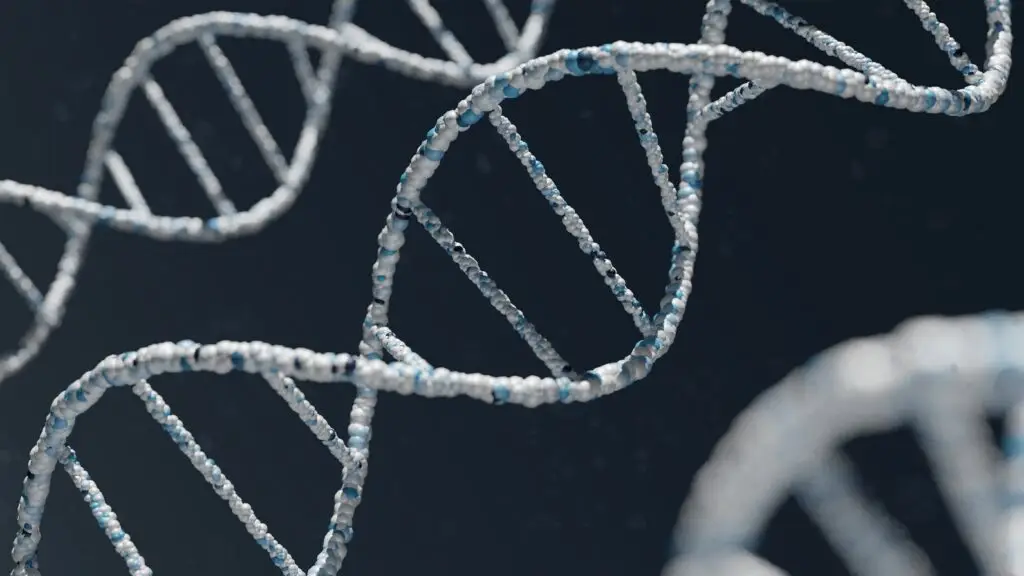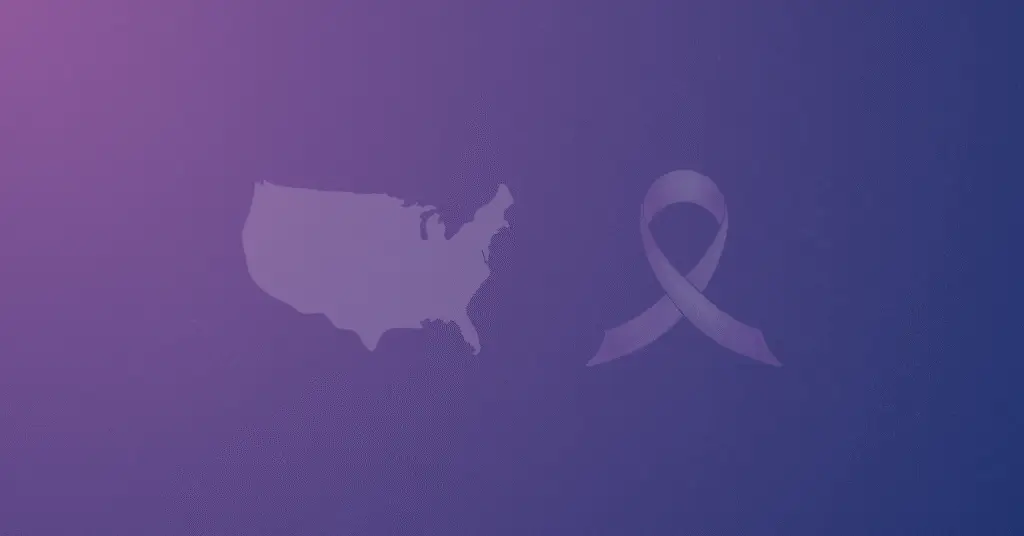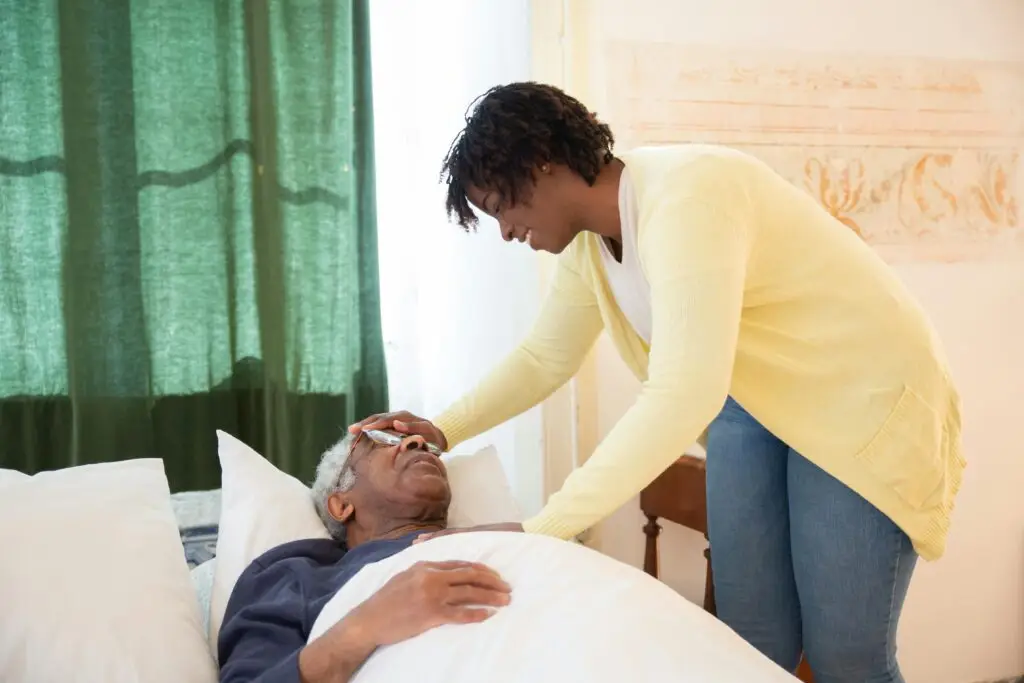We are pleased to share that Dr. Diane Simeone, Chief Scientific Advisor to the Precede Foundation and founding director of the PRECEDE consortium, was recently spotlighted in a New York Post article published on August 5, 2025. In the feature, Dr. Simeone underscores how jaundice—yellowing of the skin and eyes—is one of the most telling early signs of pancreatic cancer, a disease notorious for its subtle onset and low five‑year survival rate. Below, you’ll find a curated excerpt capturing her insights; or click here to read the full article for additional context and details.
Pancreatic cancer remains one of the most lethal cancers, with only about a 13 percent five‑year survival rate, largely due to its frequently silent early stage. In a recent New York Post article published on August 5, 2025, Dr. Diane Simeone—Chief Scientific Advisor and founding director of the Pancreatic Cancer Early Detection Consortium (PRECEDE)—emphasizes that jaundice, marked by yellowing of the skin or eyes, is among the most distinctive and potentially life-saving early indicators of pancreatic cancer.
Because tumors often develop deep within the pancreas, symptoms such as fatigue, unexplained weight loss, or digestive discomfort are typically vague and easily misattributed. Jaundice more reliably points toward a tumor obstructing the bile ducts, leading to bilirubin buildup. Additional red flags include dark urine, pale stools, itchy skin, and abdominal discomfort.
Dr. Simeone also highlights PRECEDE’s mission: to elevate the five‑year survival rate from 13 percent to 50 percent by standardizing early screening protocols, validating biomarkers, and accelerating the development of early detection tools—potentially including a blood‑based test.




